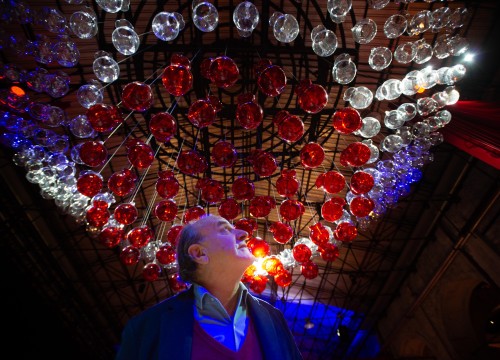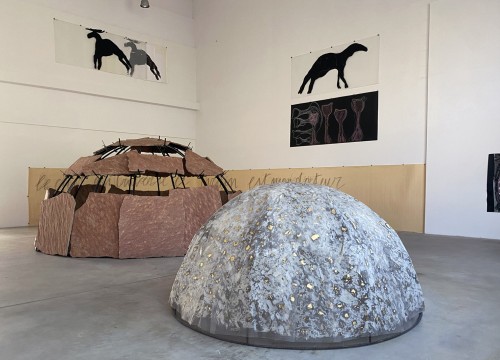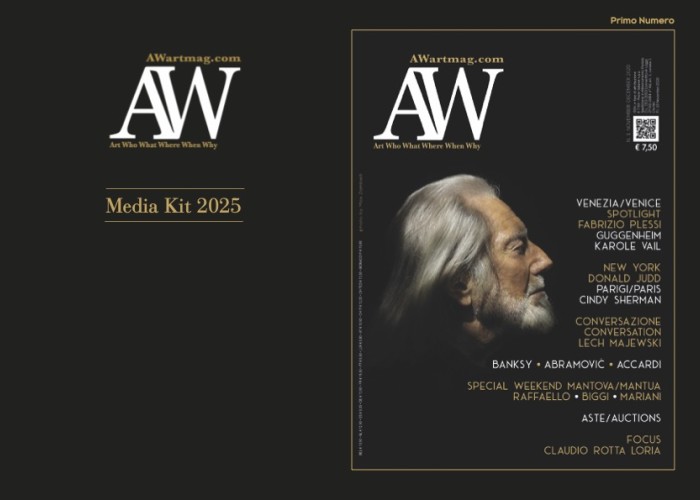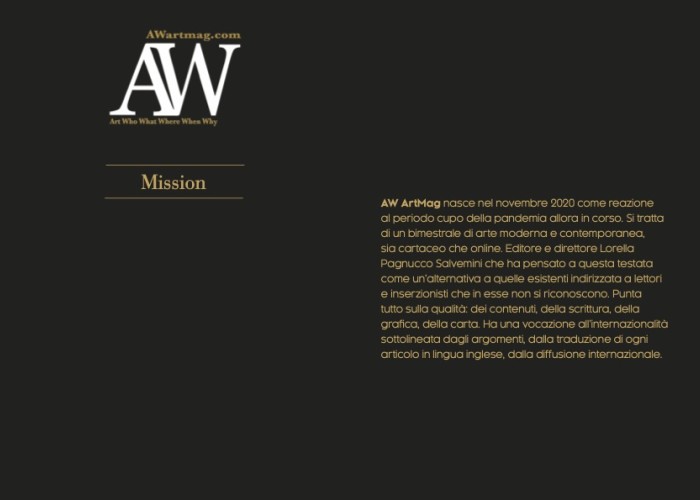Lutto nel mondo della cultura per la scomparsa di Badalamenti
di Michela Bassanello
Se n’è andato l’11 dicembre Angelo Badalamenti, compositore, pianista, arrangiatore, produttore discografico. Vincitore di un Grammy e un Emmy Award. E sopra tutto, padre della colonna sonora di Twin Peaks, serie diretta da David Lynch e una delle più cult nella storia del cinema contemporaneo.
Legato a Lynch da un’amicizia fraterna che lo portò a collaborare con il regista in più di una occasione, Badalamenti era nato a Brooklyn nel 1937 da una famiglia di origini siciliane.
Come ogni newyorkese di udito fino che si rispettasse all’epoca, il suo primo approccio alla musica passò attraverso il jazz, arricchendosi poi di ispirazioni provenienti dalla New Age e dalla musica elettronica. L’interesse di Badalamenti per le sonorità e le ambientazioni di genere horror e thriller fu all’origine di importanti produzioni nel corso della sua carriera: è sua ad esempio la colonna sonora del videogioco Fahrenheit. Il celebre matrimonio tra il compositore e David Lynch iniziò nel 1986 e non si sarebbe mai più dissolto: dal fortunato sodalizio sarebbero nate, oltre a Twin Peaks, le colonne sonore di Velluto Blu (1986), Cuore Selvaggio (1990), Strade Perdute (1992), Una storia vera (1999), Mullholland Drive (2001) e Rabbits (2002).
Oggi ricordiamo Angelo Badalamenti non solo per la raffinatissima qualità della sua musica, ma anche e soprattutto per la sensibilità di un grande compositore di interpretare l’intima essenza di un’opera cinematografica e restituirla attraverso la ricchezza di tessuti sonori e musicali, melodie e atmosfere acustiche che, al di là del tempo, non è possibile relegare alla semplice sfera uditiva.
A riprova di ciò, vi invitiamo ad ascoltare le parole del Maestro che, ricordando la sessione di registrazione da cui nacque il Tema di Laura Palmer, racconta come fu guidato dalle indicazioni di David Lynch per creare la musica che avrebbe reso Twin Peaks un capolavoro senza età. Quel brivido che sentirete percorrere la spina dorsale, vi sia di sfida per provare a definire ciò che è la musica di Angelo Badalamenti.
This is the keyboard that all the major themes were created on for Twin Peaks. It’s an old Fender Rhodes, kinda bear up, and David would sit right over here, right to the right of me, and we put a little cassette just about over here on this keyboard, just keeping on recording, keep up playing, David would sit here and I’d say “well, what do you see David? what is…just talk to me”.
"Ok Angelo, we’re in dark woods now, and there’s a soft wind blowing through some Sycamore trees, and there’s the moon out and there’s some animals sound in the background, and you can hear the hoot of an owl and we are in a dark wood, just get me into that beautiful darkness with the soft wind” and I started playing…
“Angelo, that’s great! I love that, that’s a good mood but can you play it slower?”
“Slower David? ok”
"That’s it, that’s a good tempo. Just keep it going slow like that…just keep that going for a while”.
And in David’s mind you can just see that he was visualizing the description that he envisioned.
"Ok Angelo, now we’re gonna make a change, because from behind the tree, in the back of the woods, there’s this very lonely girl, her name’s Laura Palmer and it’s very sad, but get something that matches her”
And I just seek way into this…
"Well that’s it! That’s very beautiful, I can see her! Now he’s walking towards the camera, she’s coming closer….just keep building it, just keep building it [the music]! And she’s getting closer, now we’re at some kind of climax”. And he said “Oh that’s it!! Oh that’s so beautiful…Angelo! Oh that’s tearing my heart out! I love that, just keep that going! Now she’s starting to leave, to fall down….keep falling….now go back into the dark woods….just keep it going…..very quiet and mysterious….”.
David got up and gave me a big hug. He said, "Angelo... that’s Twin Peaks.”
"Ok David, I'll go home and work on it.”
"Angelo, don't do anything, don't change a single note. I see Twin Peaks."
That's how was that.





















